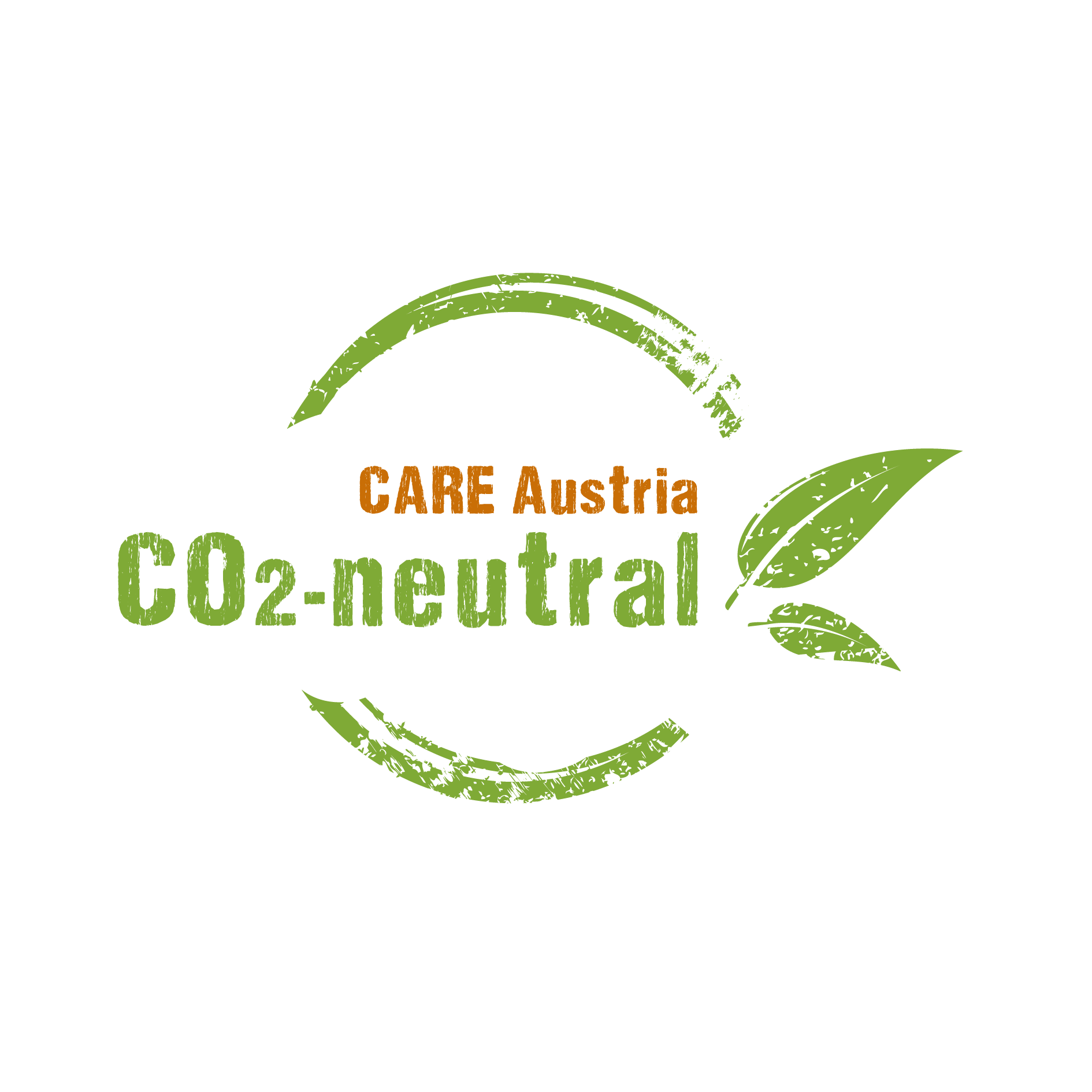Insights from the Field
Far from Home. The 13 worst refugee crises for girls. CARE USA. (2018).
This CARE USA report captures 13 of the worst refugee crises faced by women. This paper highlights the struggle of women and girls who are affected by war and crisis.
This study highlights the intersection between violence against women and peace – and state-building efforts. It hopes to make furture peace-building efforts more effective through adressing violence against women.
This report, based on extensive research and consultations by CARE International, argues that efforts to protect and assist people caught up in natural disasters and conflict will be more effective if women can contribute.
The purpose of this document is to outline CARE Rwanda’s Life Free from Violence journey, in the anticipation that other CARE country offices can learn from this approach.
Program Overview and Lessons Learned from Uganda. CARE Österreich. (2016).
Phase III of the CARE Österreich Framework Program (FP III) was implemented from January 2013 to March 2016, and promoted gender equality in Ethiopia, Uganda and Nepal, benefiting approximately 60,000 people. In Austria, the implementation of UN Security Council Resolution UN1325 was also supported.
This report documents an increase in sexual violence for all groups (girls, women, boys, men) since July 2016 but women and girls have been most affected.
As diplomats meet to reflect on ways forward for women, peace and security, what should the international community do differently on the Syrian conflict to better empower, protect and assisting women and girls in Syria?
After decades of rule characterised by dictatorship, patronage and violence, in 2010 young people in the Arab world began to rise up and demand a new kind of politics. Women played their part as leaders and participants, and were not spared the backlash – suffering arrests, sexual harassment and even death.
Gender-Based Violence. An Advocacy Guide for Grassroots Activists in Burundi. CARE Norway. (2012).
This guide addresses gender-based violence in Burundi, Rwanda and Uganda through different advocacy activities.
The aim of this desk research is to underpin the advocacy work of the “Strengthening Women’s Capacity for Peace-building in the South Caucasus Region.” The desk-research focuses on the situation of women in Azerbaijan related to “peace, security and democracy”.
The aim of this desk research is to underpin the advocacy work of the “Strengthening Women’s Capacity for Peace-building in the South Caucasus Region.” The main intention is to complete the existing findings with important aspects, particularly related to women, peace, security and democratization.
The aim of this desk research is to underpin the advocacy work of the “Strengthening Women’s Capacity for Peace-building in the South Caucasus Region”
The aim of this study is ultimately to formulate suggestions on how to improve the implementation of Resolution 1325 in the field. The report will point to weaknesses in the implementation so far, and propose possible improvements.





